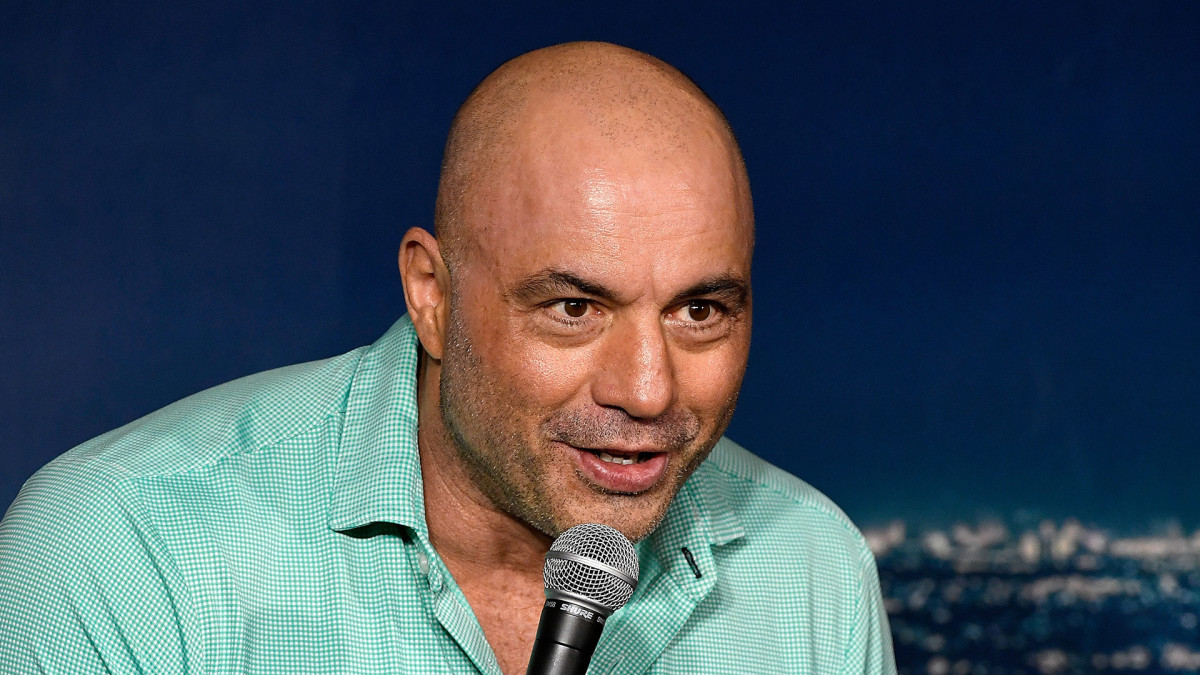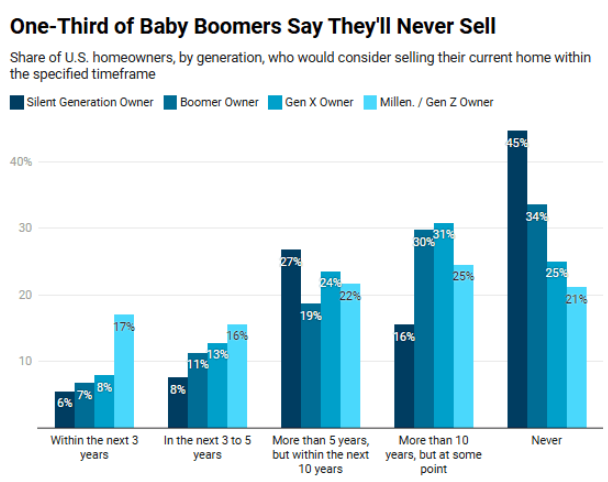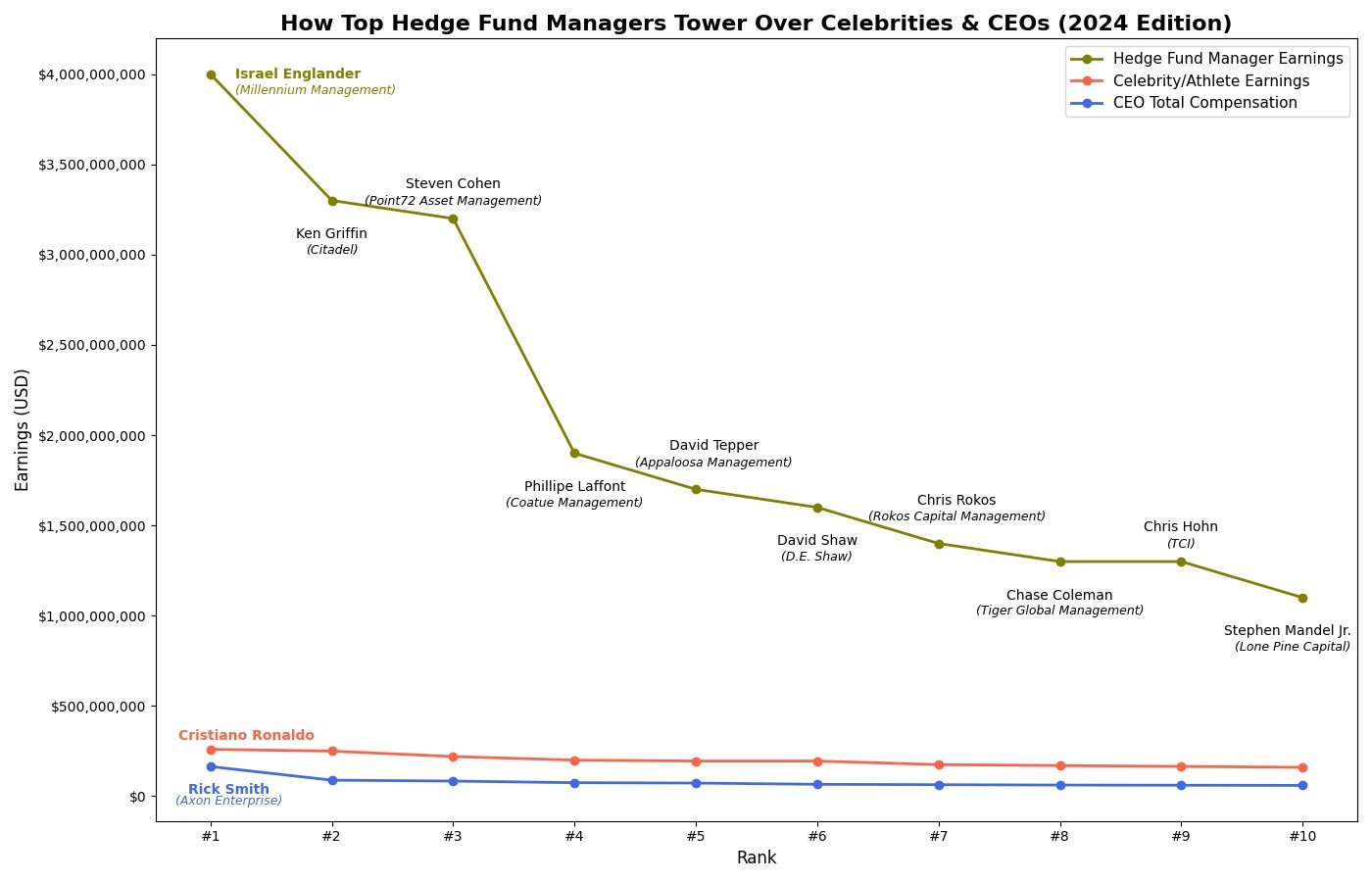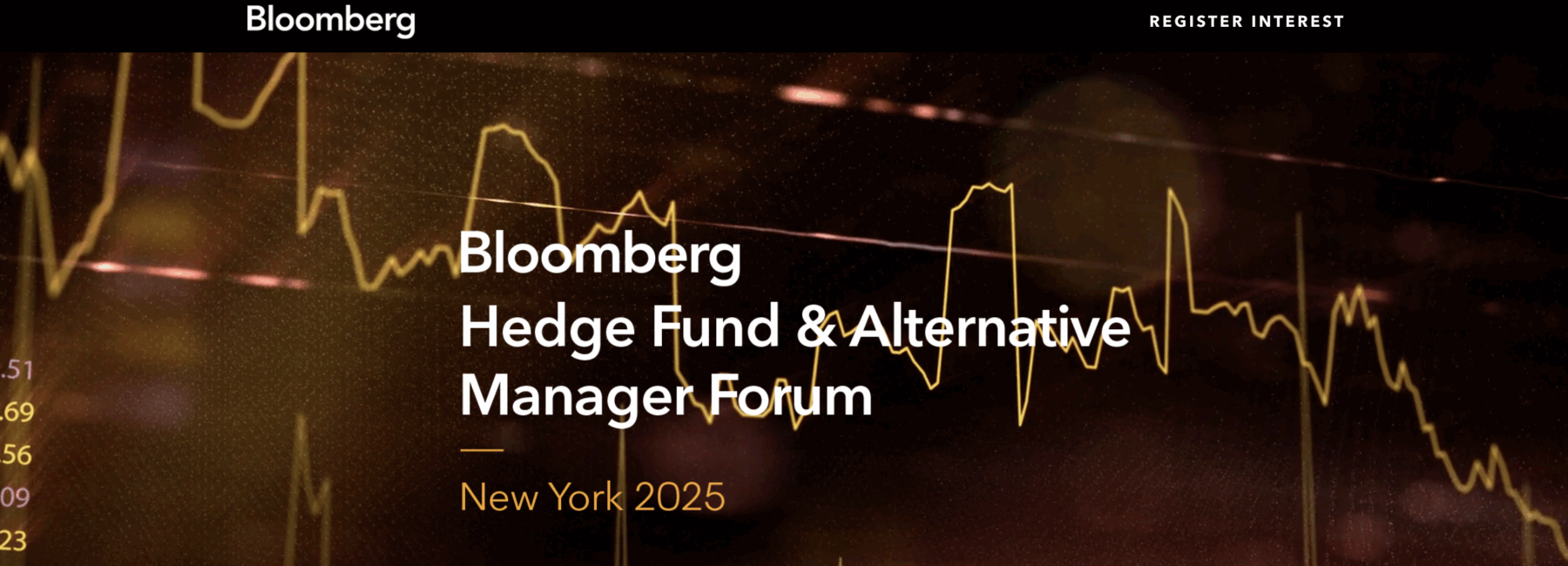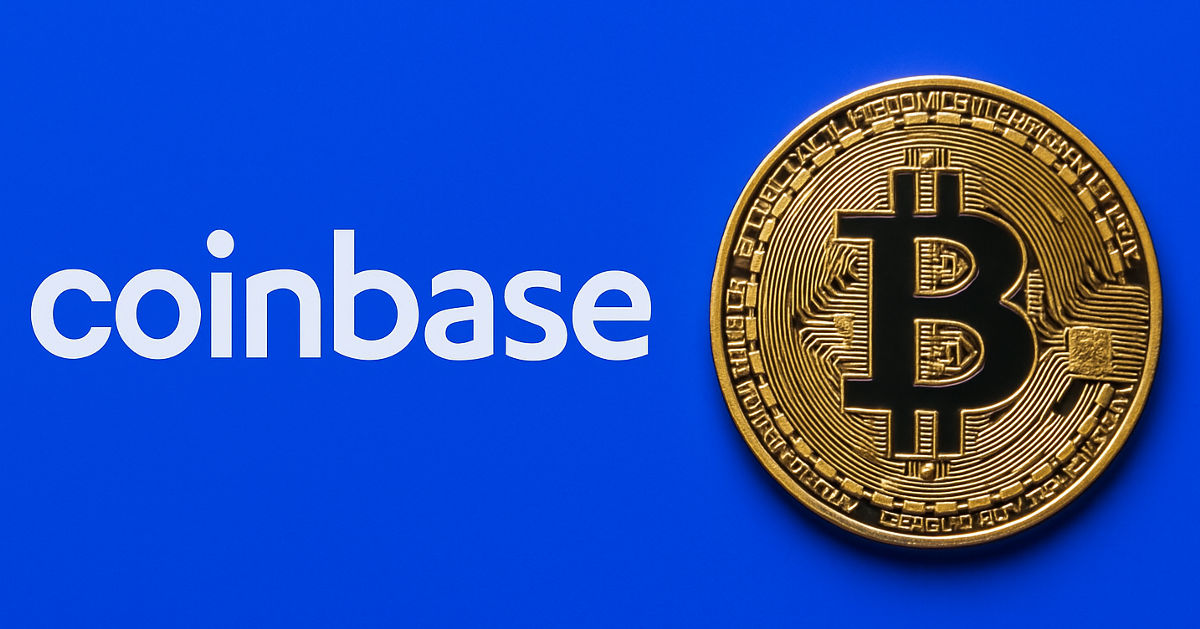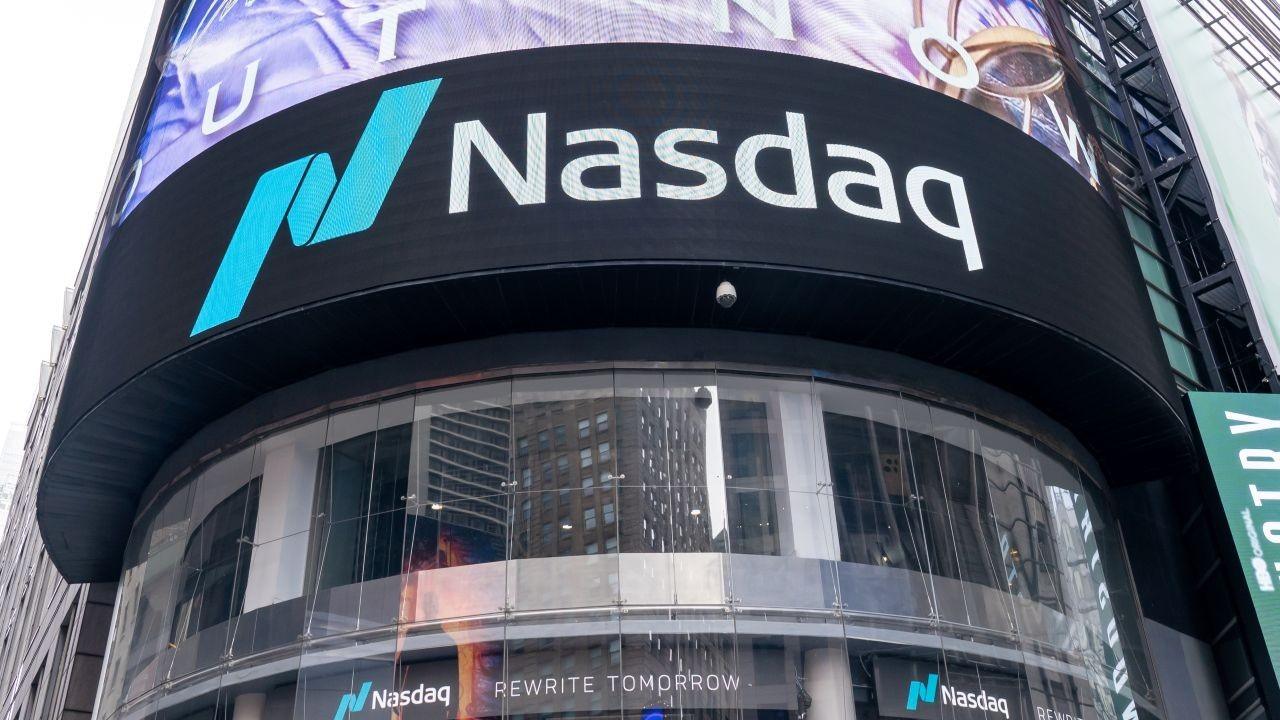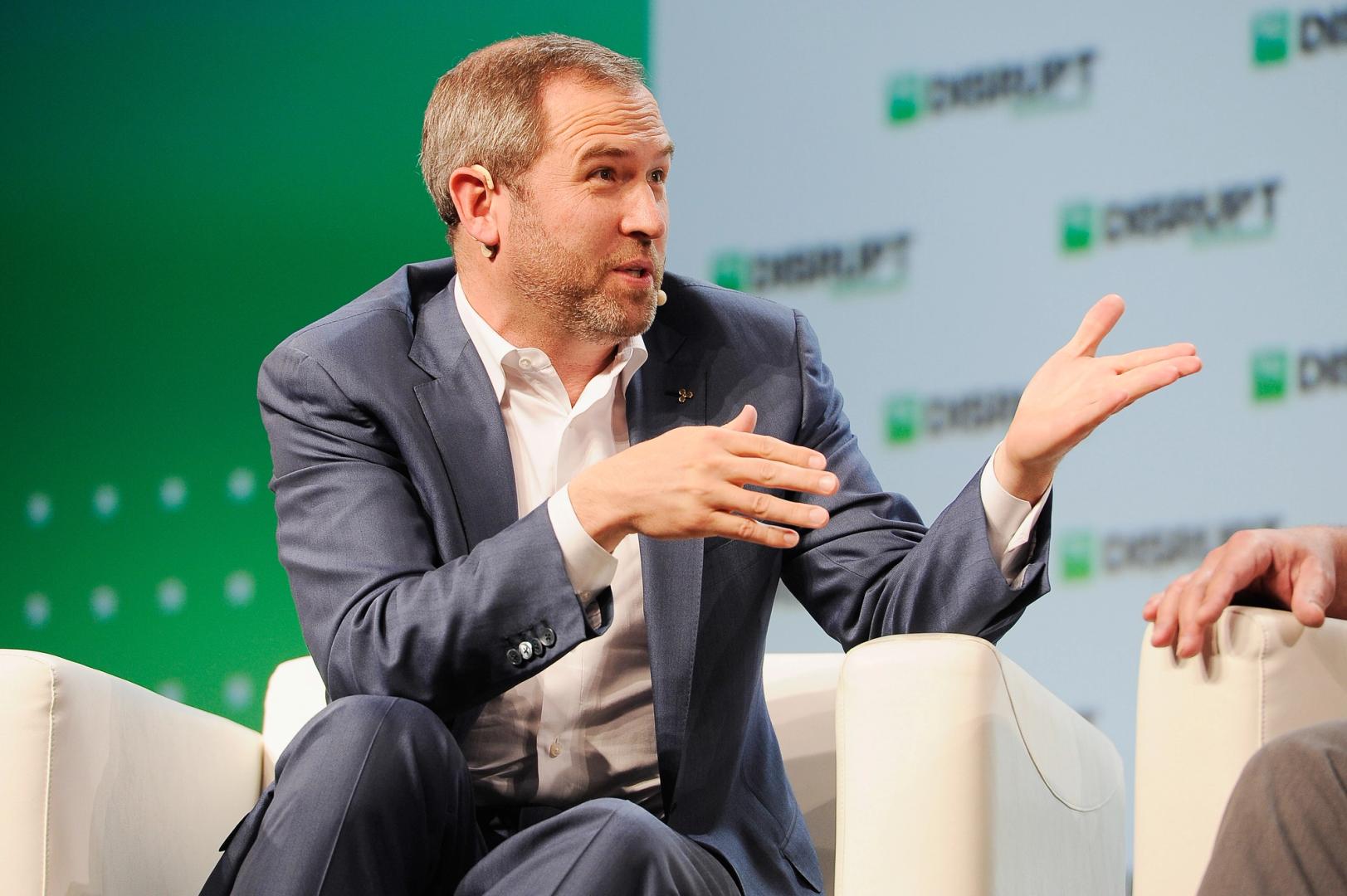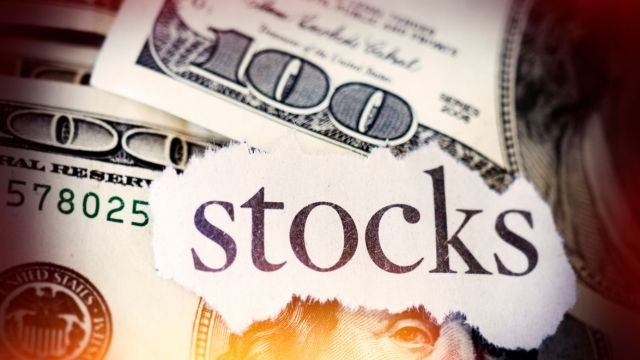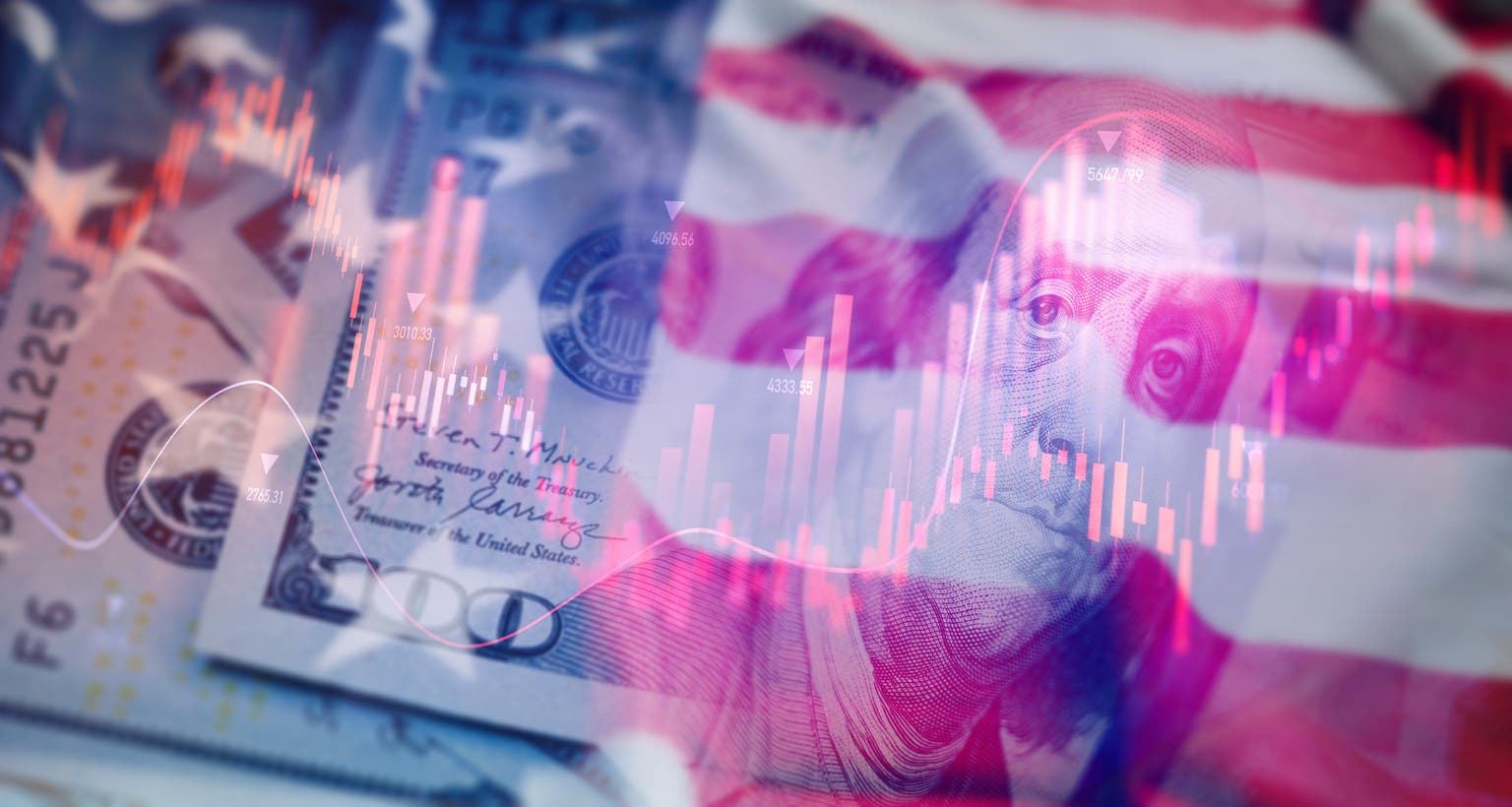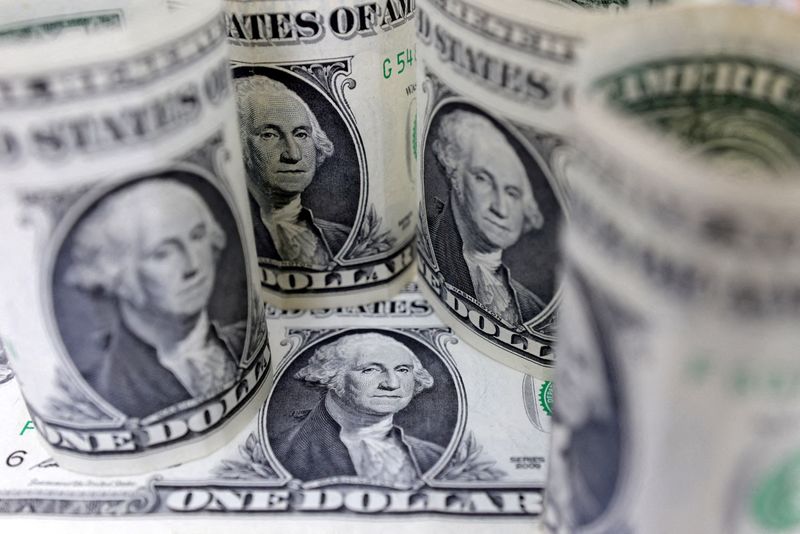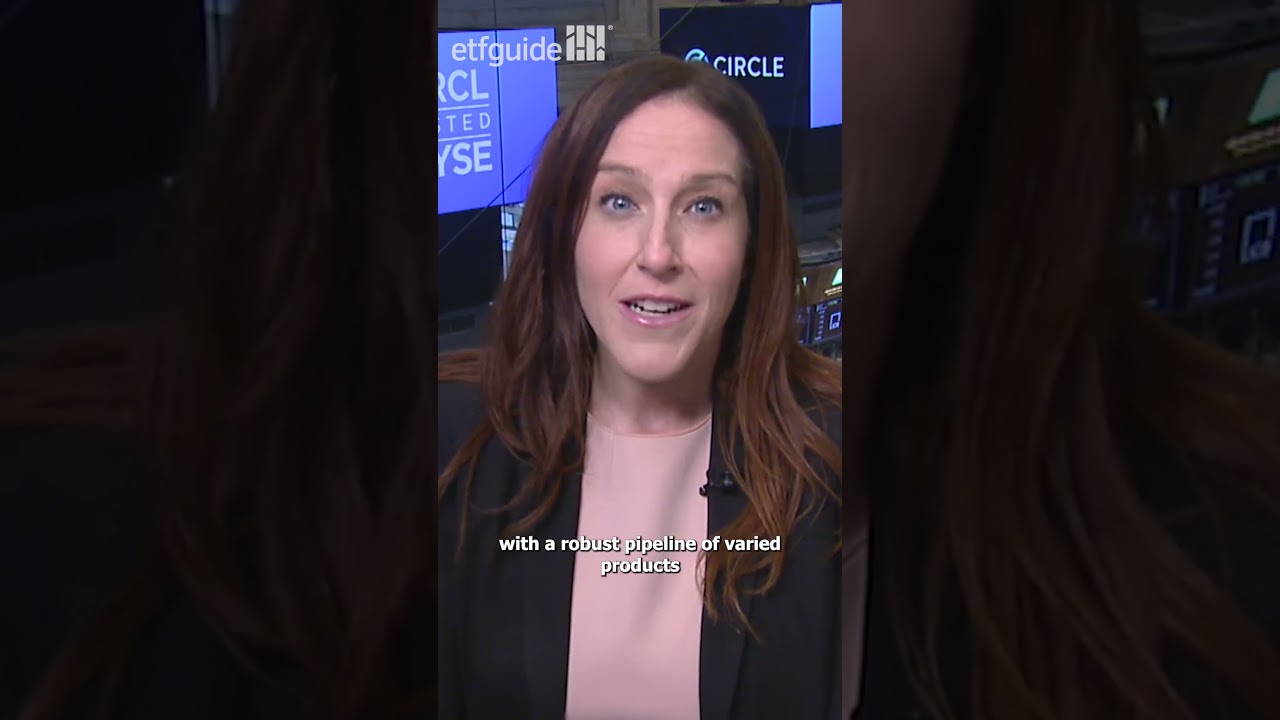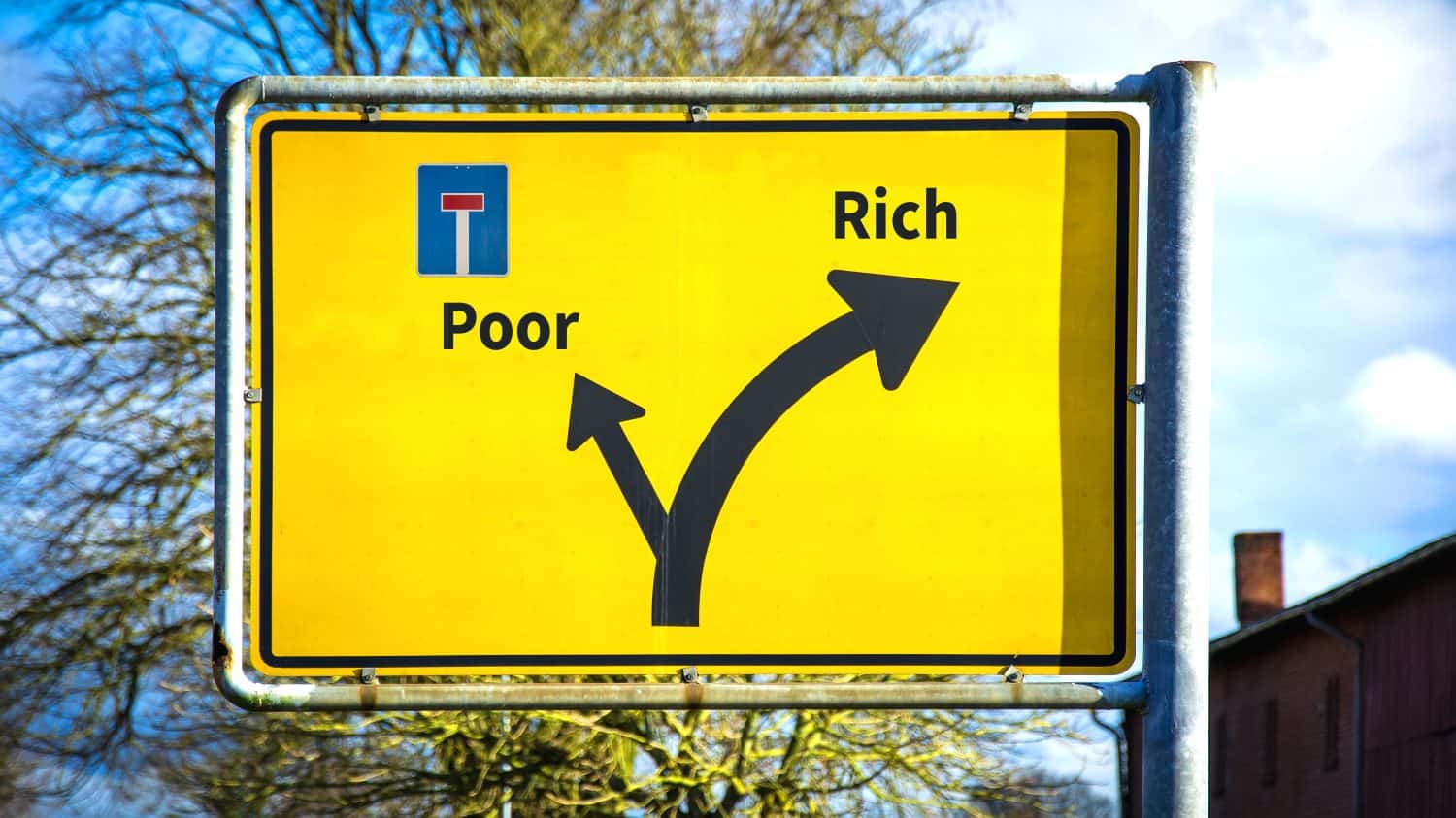Why Are People Investing in Dividend Funds When They May Offer Lower Returns?
There is no question that in the world of investing, dividends can be both an unsung hero and an overlooked part of your portfolio. Essentially, dividends are a distribution of a portion of a company’s earnings, and some people view them as a source of passive income or a way to better diversify their overall […] The post Why Are People Investing in Dividend Funds When They May Offer Lower Returns? appeared first on 24/7 Wall St..
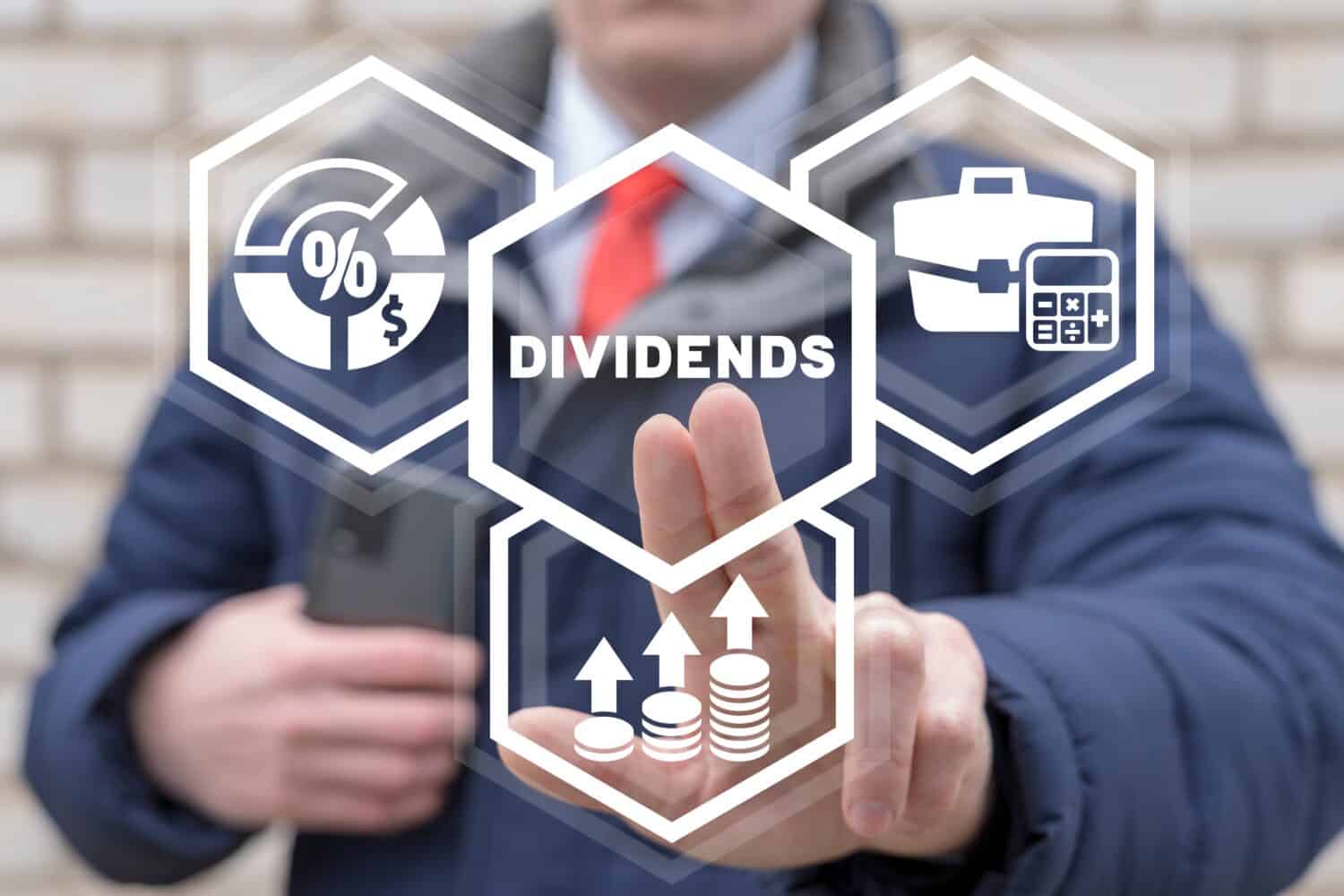
There is no question that in the world of investing, dividends can be both an unsung hero and an overlooked part of your portfolio. Essentially, dividends are a distribution of a portion of a company’s earnings, and some people view them as a source of passive income or a way to better diversify their overall portfolio.
This Redditor is questioning the idea of a dividend strategy when growth stocks can make you more money.
What this Redditor is missing is that many people enjoy the idea of passive income, especially when they are retired.
For most soon-to-be retirees, it’s okay to shift from growth stocks to dividend investing right before retirement.
Are you ahead, or behind on retirement? SmartAsset’s free tool can match you with a financial advisor in minutes to help you answer that today. Each advisor has been carefully vetted, and must act in your best interests. Don’t waste another minute; get started by clicking here.(Sponsor)
Key Points
Because dividends are often overlooked and misunderstood, it has led one Redditor to post in r/dividends and ask why people make this kind of investment. This is a completely fair question, as most people look solely at growth stocks as a way to grow their portfolio over a long period of time.
Why Dividend Funds?
It’s totally fair that this Redditor is asking this question, especially around why they are holding funds like JEPQ, MDTY, SPYI, and others, where the “total real return of the divided fund is less than the holding of the underlying.”
The Redditor’s frame of mind is that the money people are putting into dividend investments would be better off going into the funds themselves, where the growth potential could yield more returns than the dividends. There is also a point from the original poster that there is a tax consideration of dividends versus capital gains, which admittedly can be considerably different.
Overall, the Redditor wants to know why people are holding these positions, especially those with significant dividend positions, which generate tens of thousands of dollars in income. Spoiler: It’s All About Passive Income
What the original poster is missing is that it’s all about passive income for people who are heavily invested in stocks or funds that pay large dividends. This is a highly effective way to generate a substantial amount of passive income without worrying about growth. In fact, there are likely two frames of mind around this idea.
The first is that soon-to-be retirees are looking to shift away from growth stocks into dividend funds. This is not an uncommon step for those who want to focus more on generating a steady income than worrying about growth stocks and withdrawing 4% annually or something similar. In some ways, it’s just a matter of convenience as you don’t have to worry about selling growth stocks, worrying about fees, or anything else that comes with a growth-ownership focused portfolio.
While the original poster voices a concern that taking a dividend means “eating a piece of the chicken” or affecting their bottom line, that isn’t necessarily how companies view this. Companies looking for investors are seeing them buy their shares because of the dividend, which helps prop up the company. It isn’t as black and white as the Redditor might have you believe.
Additionally, another Redditor points out a potential consideration that the original poster had not considered. Because this is passive income, another commenter highlights that having dividends is peace of mind. If they were to ever lose their job, they know that there is already money coming in to make sure their bills are paid.
What About Other Considerations?
For this Redditor, they really need to step out of their own little circle and evaluate the specific dividend funds they are mentioning in comparison to the underlying funds contained within them. What’s the real difference in overall return if you were to own these stocks simply for growth versus their dividend?
Separately, you have to consider the tax implications of owning a dividend, which may or may not be counted toward your annual income. In many cases, dividends might be earned out of a tax-deferred IRA, so there are no tax considerations at this moment. This means that some of the biggest red flags other commenters highlight aren’t as significant as they might seem.
At the end of the day, someone interested in dividends must weigh the benefits of having a diverse portfolio that balances high-dividend earners and growth stocks to achieve a balanced income. There is no unspoken rule that says you have to go in one direction or the other. The best-case scenario is to dip your toes into both ends of this portfolio pool, so you have the strongest possible opportunity for both short-term and long-term growth.
The post Why Are People Investing in Dividend Funds When They May Offer Lower Returns? appeared first on 24/7 Wall St..




























































